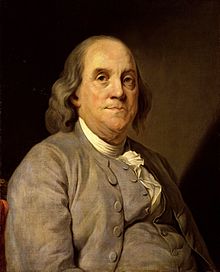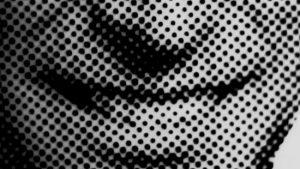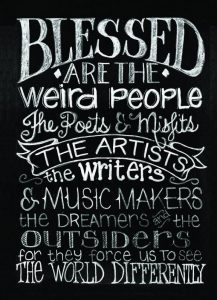
We’ve all heard the old adage: There are Two Things Certain in Life: Death and Taxes. Now, more than 230 years after Benjamin Franklin’s timely reflection, our new world requires the addition of one more certainty…
Death and Taxes and Immediate Access to Your Entire Life.
(In my novel, Dr. One, this is known as your Story).
Of course, of the three, only one is certain. You can decide what to do about the rest. Pay taxes or not. Choose to place on the Net the tidbits of your relationships, including everything you love and are interested in, to outspoken, free speech platitudes about what you dislike and the entities you believe are responsible for your bad feelings. You are responsible for entering (or allowing online data to be connected to) personal characteristics, likes and dislikes, friends, and followers — and you have the choice to enter financial data, purchase methods, ancestry data, health concerns, and so many keywords that software programs love.
But, like paying taxes or not, all choices lead to consequences. Go ahead and accept the biometric access technology on many of the new mobile devices. Stick your thumb on the Home button…it’s so much easier than remembering complex, hard to hack, passwords. Allow that unique part of you to be consumed by the Net. Better yet, send your DNA into the cloud. Absolutely nothing can go wrong with that (Ever considered a future such as in Gattaca?). Your DNA is protected in ways that no hackers can access. (Ever heard of Ashley Madison?).
What data do you choose to add to your digital Story? Think about software programs that are so intelligent that everything that can be digitally accessed can be analyzed to the nth-degree. Right now, your Story is used (mostly) to sell you stuff and you have few “easy” choices to manage this “intrusion” beyond not entering the Net in the first place.
Choosing to stay away from the “the vibrations of interconnectivity” distances a person from the new world where success equals immediate access to not only the history of Benjamin Franklin, but more importantly, to you.
“The Vibrations of Interconnectivity” ==> Phrase coined by Dr. One to describe the electromagnetic radiation emitted from all of the technology on earth.
You don’t have to log in, ever! But, really, do you have a choice? What are the consequences? Your decisions will define this third certainty.
Excerpt from “Dr. One“:
“How do we really understand our own existence?” [Dr. One] had often contemplated aloud. “Human experience is no longer explored through the laborious interactions with nature but is, instead, dictated via all the devices that have come to enslave a lazy, fear-filled population.”




